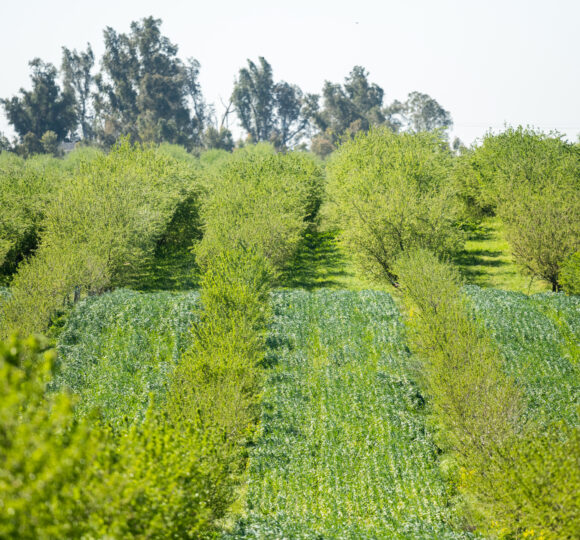The Florida panther has been virtually eliminated from most of its range in the southeastern United States. Forty-seven percent of the habitat in which the 30 to 50 remaining adults live is publicly owned; the other 53 percent is privately held. Through a unique partnership, the result of a town meeting where landowners expressed disapproval over current proposals to protect panthers on their land, the Florida Advisory Council for Environmental Education (FACEE), Florida Game and Fresh Water Fish Commission (Commission), and American Farmland Trust, utilized a new approach: asking landowners what they thought would be effective ways to protect the panther’s habitat. Too much land is at stake to allow for the option of land acquisition. Without any mechanism in place to help the vast majority of Florida farmers pass on the costs of environmental protection to the public, providing landowner’s with economic incentives to protect land will help increase the panther’s habitat. The plan’s intention is to turn panthers and natural resource protection into an asset for landowners. Part of the Conceptual Plan seeks to compensate landowners for giving up non-agricultural development rights – those rights not related to or required for agricultural production – for a minimum of 25 years – long enough to determine if the Florida panther can be saved and to work out long-term protection and management strategies. The Conceptual Plan proposed by the landowner working groups offers three levels of possible compensation, with economic analysis and plan review done by a diverse 44 member review committee. The landowners’ conceptual plan includes: planning and implementation; compensation, with a variety of calculation samples; the advantages of the conceptual plan; methods of monitoring and plan evaluation; and, comments from the review committee.
Publications
A Landowners’ Strategy for Protecting Florida Panther Habitat on Private Lands in South Florida: A Project Report
Publication Name
AFT Publication
Downloadable Documents
Author
American Farmland Trust and Florida Fish and Game Commission
Publisher
Boca Raton, FL: American Farmland Trust
Page Numbers
vi, 64
Publication Date
June 01, 1995
Publication Type
Reports and Guides
State
Florida, National
Keywords
Conservation Policies and Programs, Environmental Benefits





